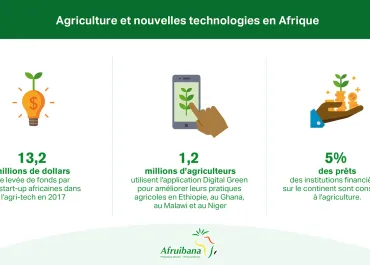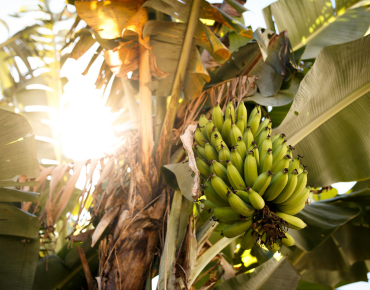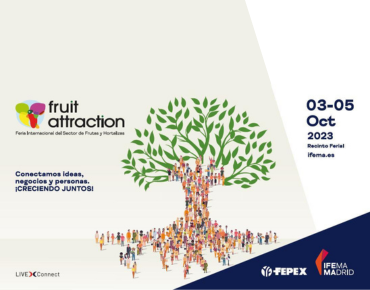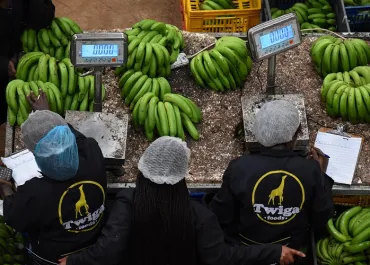
Developing an agritech ecosystem around bananas: the case of Twiga Food
3 April 2019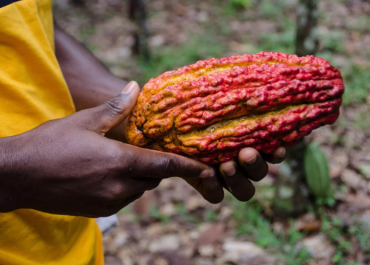
Post-Cotonou agreement and African agricultural sector
5 June 2019The agricultural potential of the African continent represents an opportunity for new actors to revolutionize the agricultural sector and create new uses. Startups in the agricultural sector represent a growing part of the entrepreneurial arena in Africa, focusing on finding innovative solutions to meet the challenges of the agricultural sector in Africa. These SMEs have so far focused mainly on the issues of CO2 emissions, distribution networks, access to resources and materials for small farmers, access to water, and agricultural financing.
These initiatives have already reduced production costs for farmers in several countries. In Nigeria, more than 4 million people have benefited from an e-wallet program for fertilizer subsidies. In Kenya and Nigeria, Hello Tractorstartup has already enabled 22,500 farmers to purchase tractors at a lower cost and so on increase their yields. Agri-startups also encourage the sharing of more sustainable agricultural practices. For example, this is the case with Digital Green, a platform where about 1.2 million farmers in Ethiopia, Ghana, Malawi and Niger share online videos to learn and improve each other’s farming practices.
According to the World Bank, the size of the agricultural market in Africa could exceed $1 trillion by 2030. A growth of the sector, which represents important opportunities, and which has attracted the attention of investors. They are increasingly interested in agri-startups. According to the African Tech Startups Funding Report 2017, Disrupt Africa’s latest study, they raised a total of $13.2 million in financing in 2017, a 203% increase over 2016.
In short, new technologies offer new opportunities for farmers, investors and entrepreneurs to improve the performance of the agricultural sector in Africa in a sustainable way. Beyond technological solutions, agri-startups make it possible to mobilize and develop African skills in the service of this “second green revolution”, which could potentially feed Africa and the world.

